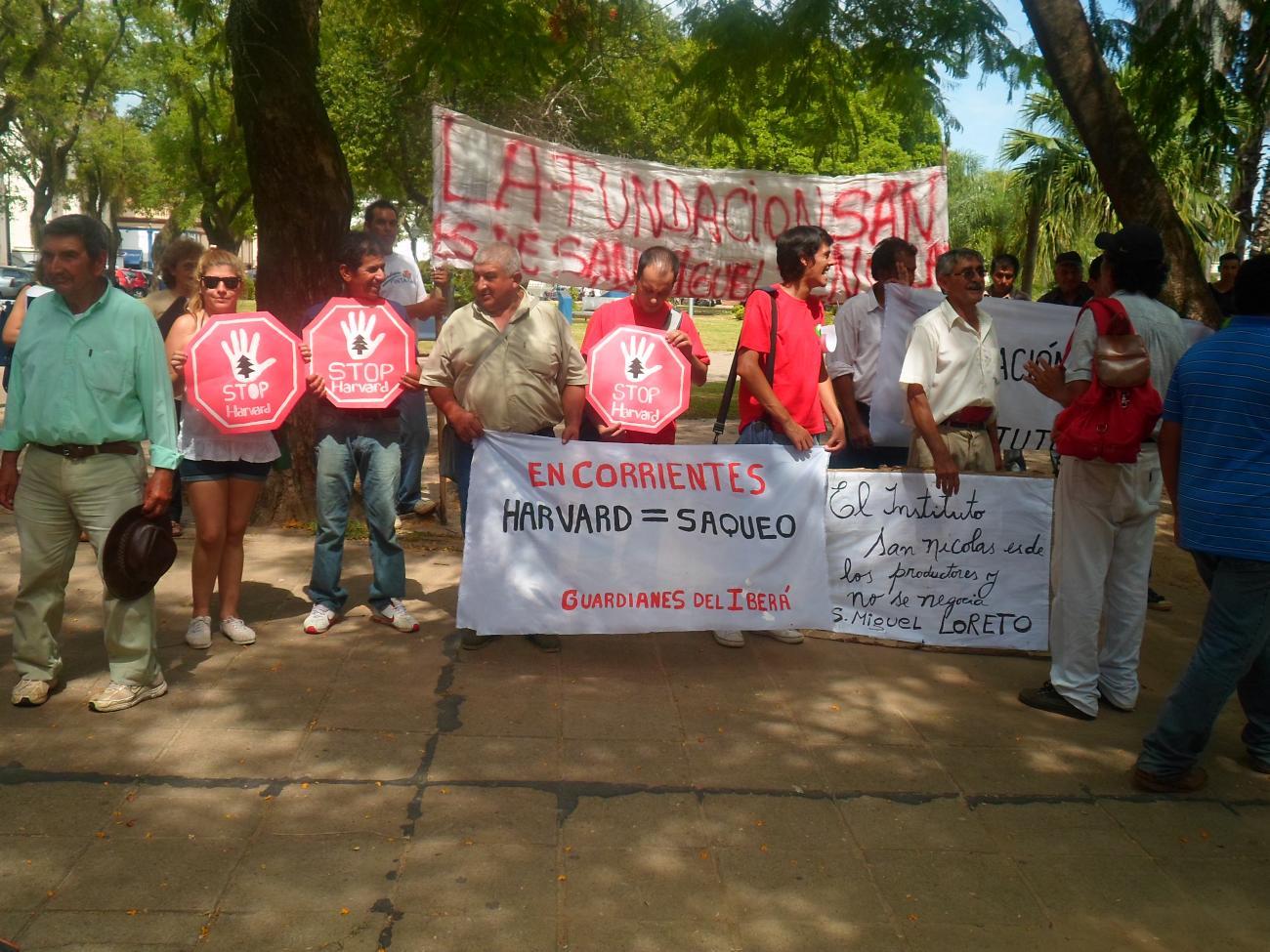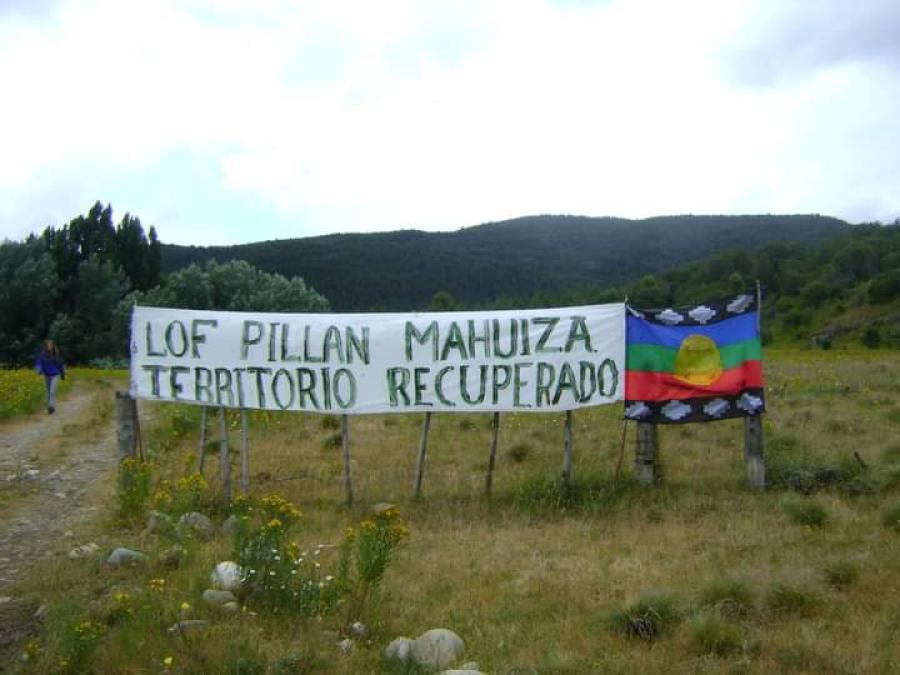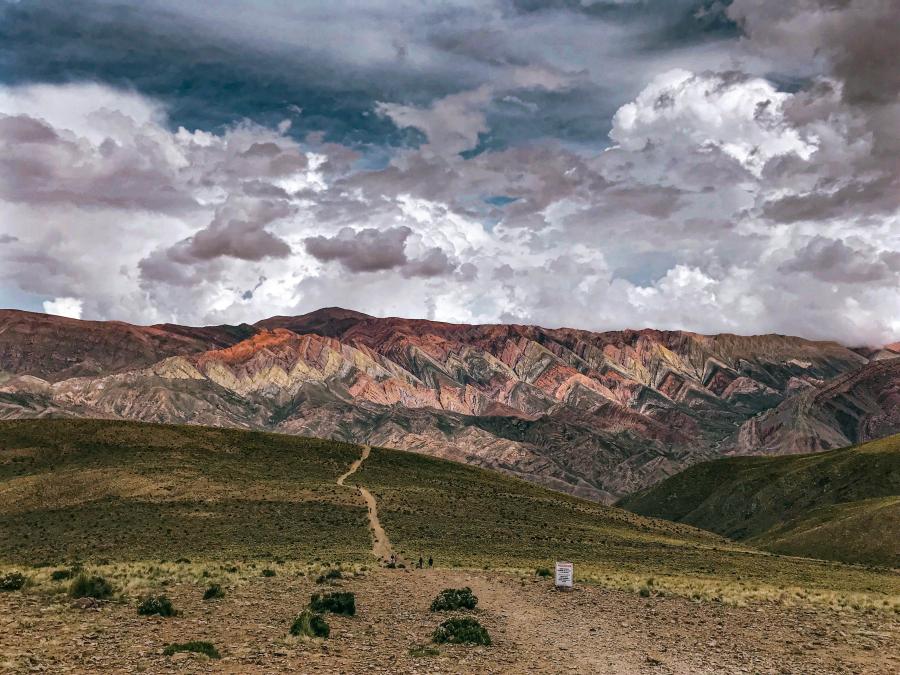
After years of pressure from students and community groups, in April 2017, Harvard University announced that it will “pause” its investments in certain fossil fuel interests - including minerals, oil, and gas - citing the pressing problem of climate change as a reason to reevaluate their investment portfolio. This so-called “pause” in investment does not necessarily guarantee the freezing of new investments, and divestment from all indirect ties - two things that student activist group Divest Harvard has been calling for. However, it is still an important breakthrough in pushing Harvard to invest its 36-billion dollar endowment according to standards of environmental and social responsibility.
Harvard’s statement stopped short of addressing concerns on the environmental and social impact of its other investments. Aside from heavy investment in fossil fuels, Harvard also invests over 10% of its endowment, approximately $3 billion, in natural resource projects across the world. With a move away from fossil fuels, Harvard may be doubling down on this “green” investment area of its portfolio. According to a piece in the Harvard Crimson entitled “Harvard’s Timber Empire”. The timber holdings in particular include plantations in Argentina, New Zealand, Romania, Brazil, Chile, Uruguay, and Ecuador.
Harvard Management Company is the largest shareholder in two Argentinian timber companies, Empresas Verdes Argentinas Sociedad Anonima and Las Misiones S.A., which control hundreds of square miles of monocropped pine and eucalyptus plantations the Iberá wetlands of Argentina, developed without the Free, Prior, Informed Consent of the Guaraní Indigenous communities who call the area home.
The Iberá wetlands system, protected under the Ramsar Convention, in Northern Argentina in the Corrientes province, is one of the world’s largest freshwater bodies and is home to 30% of Argentina’s biodiversity. Many endangered species, including the maned wolf, caimans, pampas deer, neo-tropical river otter, and marsh deer, all depend upon the wetlands for survival. It is the ancestral territory of the Guarani Indigenous Peoples, who have lived in and around the Iberá wetlands for generations, their livelihoods dependent upon the wetlands. The monocropped timber plantations have destroyed their ancestral land, which holds cultural and spiritual significance, changing the water table dramatically and creating water shortages in nearby communities. The invasive plantations have destroyed the biodiversity in over half of the wetlands.
In April 2014, Adrián Obregón, a Guarani community leader, met with the Harvard Management Company to ask them to divest from the plantations and invest in responsible and sustainable initiatives. Kevin Galvin, a spokesman from the university, alluded to their Forest Stewardship Council (FSC) certification to justify their investments in timber companies and other plantations. This certification does not require Harvard to comply with Indigenous Peoples’ right to free, prior and informed consent, however, and so it does not justify the violation of this right.
In his meeting with the Harvard Management Company, Adrián Obregón said “Many of the residents of Montaña have the plantations right on top of them. Around the Ipacarapá Lagoon, which forms part of our ancestral territory - my grandfather’s house was on the edge of it - the whole area is planted with pine trees now, right up to the water. There is only a small area of native forest left and we can’t access it without ‘intruding’ on private property.”
Harvard students have joined the throng of outraged voices after a report from the Responsible Investment at Harvard Coalition and the Oakland Institute illuminated the environmental concerns and levels of poverty caused by the plantations. Protests outside of University President Drew Faust’s office have called for an end to these investments.
It remains to be seen how Harvard’s so called pause in fossil fuel investment may impact the rest of their portfolio. But activists are to see that Harvard’s establishment politics may be moving in the direction of divestment, and that their portfolio is not immune to public pressure.
Bill McKibben, co-founder of climate campaign group 350.org, told the Guardian: “The significance is enormous: the richest and most famous educational institution on our planet is now siding with the future, not the past.”



